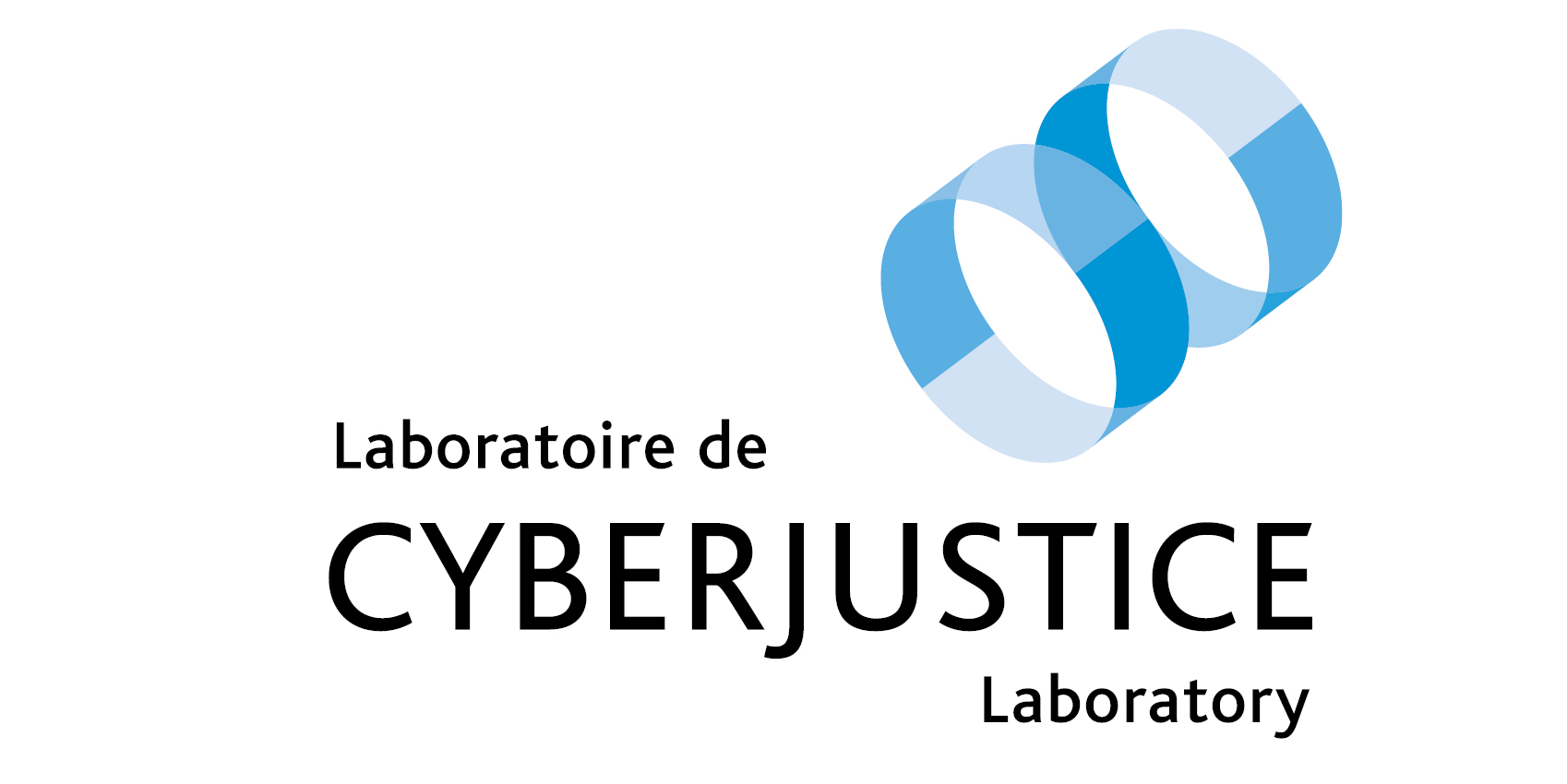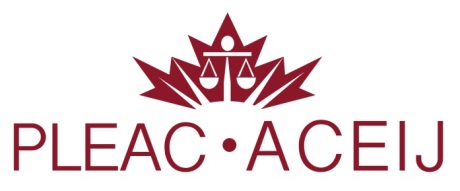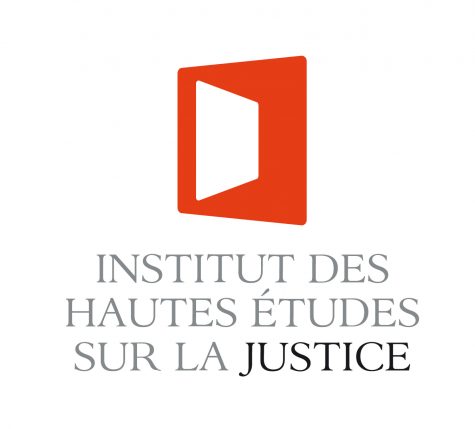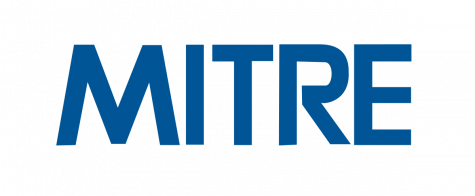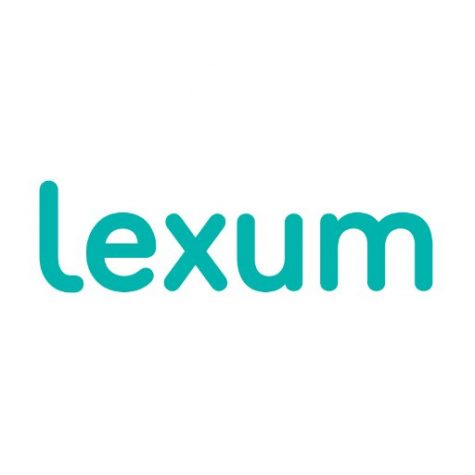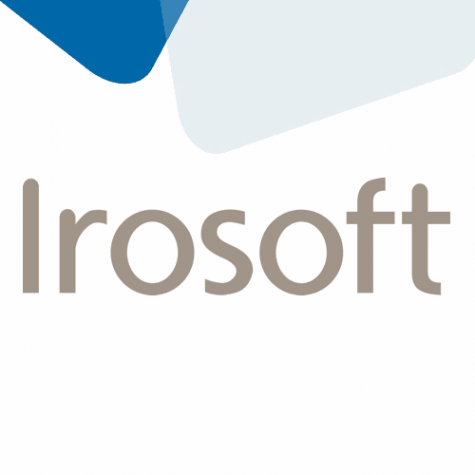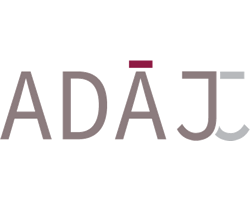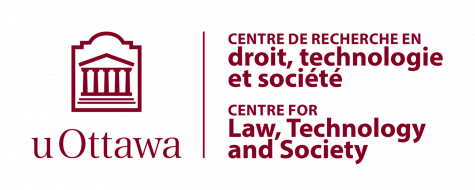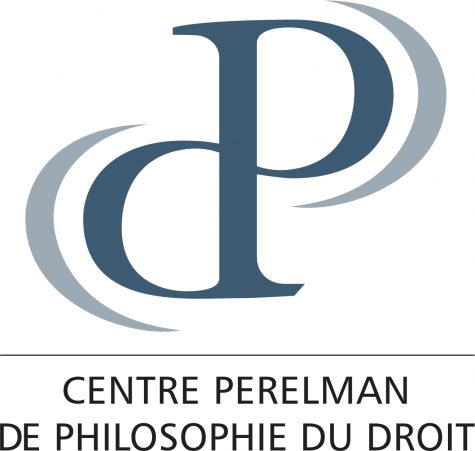Partners
42 international partners
Institutional Partners
For the institutional partners (courts, justice ministers etc.), the main benefits of the project are a better understanding of the issues related to the integration of AI into the justice system. The ACT project will thus provide them with the necessary tools to make clear choices in accordance with current laws and the expectations of the various stakeholders, while respecting the principles of justice.
 |
|
|
|
|
| |
|
|
|
|
|
|
Community and Social Partners
As the ultimate goal of the project is to improve conflict prevention and resolution in our societies, the fallout for community and social partners seems obvious. They will be able to rely on new tools and knowledge to help litigants, in addition to helping other partners make the justice system more accessible through the work they do, thus fulfilling their primary mission of assisting the community.
 |
|
|
|
|
 |
|
Business Partners
For lawyers and notaries, the project offers an unparalleled opportunity to modernize and update the legal service industry. For example, by exploring how certain tools can transform the work of lawyers, the ACT project will provide the data needed to develop software applications that can optimize and diversify the work of legal professionals. Partners from the business world agree that their participation in the ACT project will give them an important competitive advantage.
 |
|
 |
|
 |
|
Industry Partners
For companies that develop technological solutions for the judicial community, the project provides unparalleled access to the actors, expertise and data needed to develop effective tools tailored to the specific context of the justice community and meeting the needs of stakeholders.
 |
|
|
|
|
 |
|
|
|
Academic Partners
For universities, law schools and research centres associated with artificial intelligence and cyberjustice, the benefits flow from unrivalled access to leading-edge data in the field of justice and artificial intelligence, as well as access to multiple actors.
 |
|
|
|
|
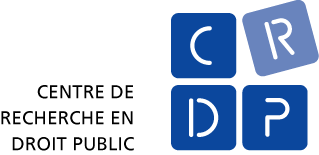 |
|
|
|
|
|
|
|
|
|
|
|
|
|
|
|
|
This content has been updated on 03/22/2020 at 23 h 25 min.
